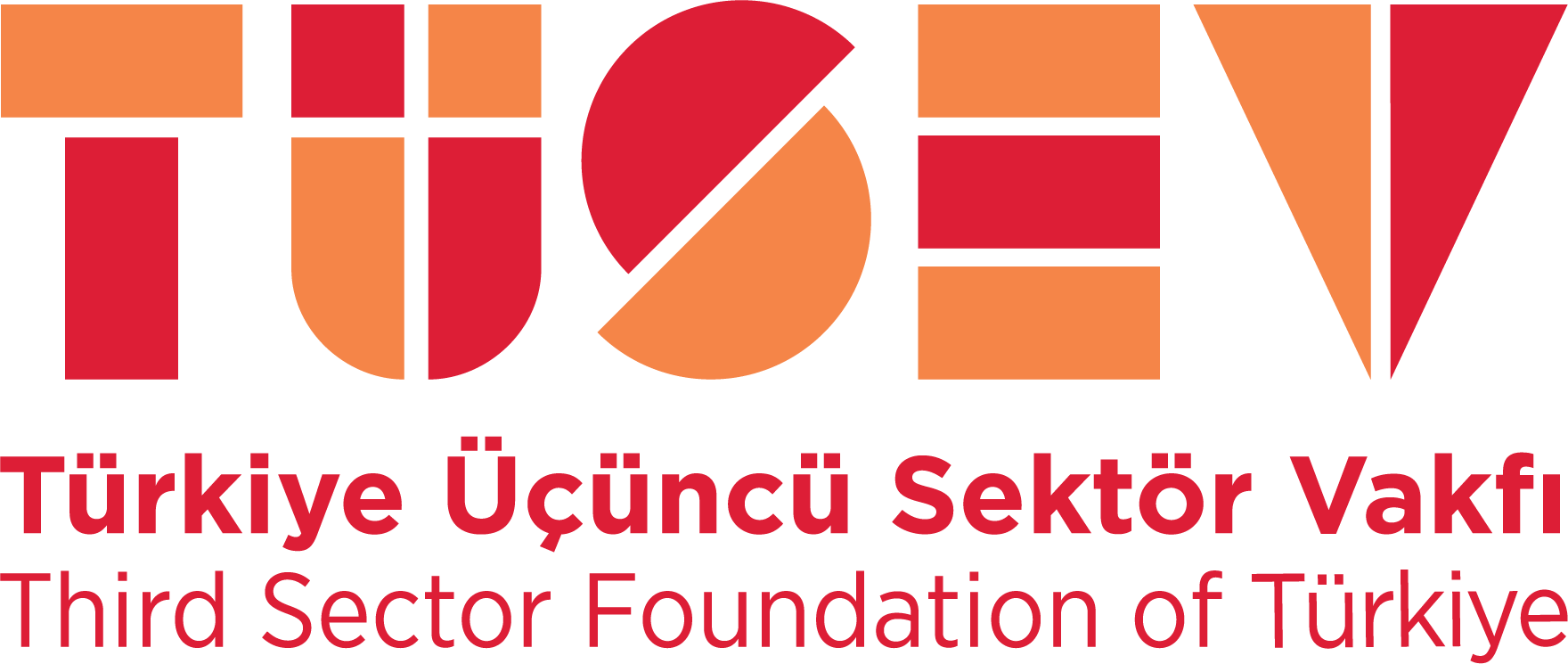Announcements
Our Statement and Recommendations on ‘Agent of Influence’ Regulation
The proposal within the omnibus bill titled “Bill on Amendments to the Notary Law and Certain Other Laws,” known publicly as the “foreign agent law” has been passed by the Turkish Grand National Assembly’s (TBMM) Justice Commission, despite criticism and warnings from civil society organizations (CSOs), press organizations, legal experts, academics, and the public. The regulation introduces a new catalog of crimes by adding Article 339/A under the seventh section of the Turkish Penal Code (TCK), titled “Offenses Against State Secrets and Espionage.” This article proposes a prison sentence of three to seven years for anyone found guilty of committing a crime against state security or political interests in alignment with the strategic interests or instructions of a foreign state or organization. If this offense is committed by individuals working within units, projects, facilities, or institutions of strategic importance for national security, the penalty is proposed to be increased.
As we stated in our announcement on 28.05.2024, CSOs, through their activities, develop innovative and sustainable solutions to social issues, supporting the public sector. They also take on the tasks of producing information, monitoring, and advocacy for the functioning and development of existing systems and policies on behalf of citizens. Civil society can contribute to a system based on the rule of law, democracy, and effective solutions to societal problems to the extent that it can fulfill this balance and oversight function.
Moreover, in today’s international system, establishing networks abroad, benefiting from the experiences of different countries, expanding visions with a comparative approach, and building cross-border collaborations are essential and unavoidable for civil society, just as they are for the public and private sectors. Seeking sources of funding is an inherent part of the right to freedom of association for CSOs, enabling them to benefit from a variety of resources, including individual donations, public support, corporate sponsorships, and grants from domestic and international sources. These funding activities are lawful and legitimate, as they occur based on shared priorities and visions with institutions, just as public institutions and local administrations benefit from such resources.
The proposed article carries the risk of making all these legitimate activities of civil society organizations subject to investigation and punishment. According to the principles of predictability and legality, which are fundamental to criminal law, citizens should have no doubt about whether an act they have committed constitutes a crime. However, the proposed regulation fails to offer a clear definition of crime, instead using broad, vague, and arbitrarily interpretable terms such as “state security,” “political interests,” “strategic interests,” and “instructions” to determine what acts will be considered criminal. Furthermore, the article’s rationale extends the scope unpredictably by referring to nearly all public policies under the umbrella of state security and political interests, including “economic, financial, military, national defense, public health, public safety, public order, technology, culture, transportation, communication, cyber domain, critical infrastructure, and energy.” The seventh section of the Turkish Penal Code already provides detailed provisions defining and penalizing acts that could constitute espionage; however, the proposed article does not tie the punishment of specific actions to clear and explicit criteria. The lack of sufficient safeguards or effective legal remedies against potential misuse and instrumentalization renders this proposal unacceptable in light of the Constitution, international conventions, and fundamental principles of law.
We call for the complete withdrawal of this proposal, which could obstruct the free exercise of constitutional rights, including freedom of expression and association, and the public’s right to information and news access, with no plans to reintroduce it to Parliament. Our demand is to ensure an enabling environment where different stakeholders within civil society—such as CSOs, media, and academia—can exercise their rights and freedoms effectively and independently. We emphasize once again that we will monitor every step in this process and that CSOs must be recognized as essential stakeholders and meaningfully included in the development of regulations and policies concerning civil society.
TÜSEV




